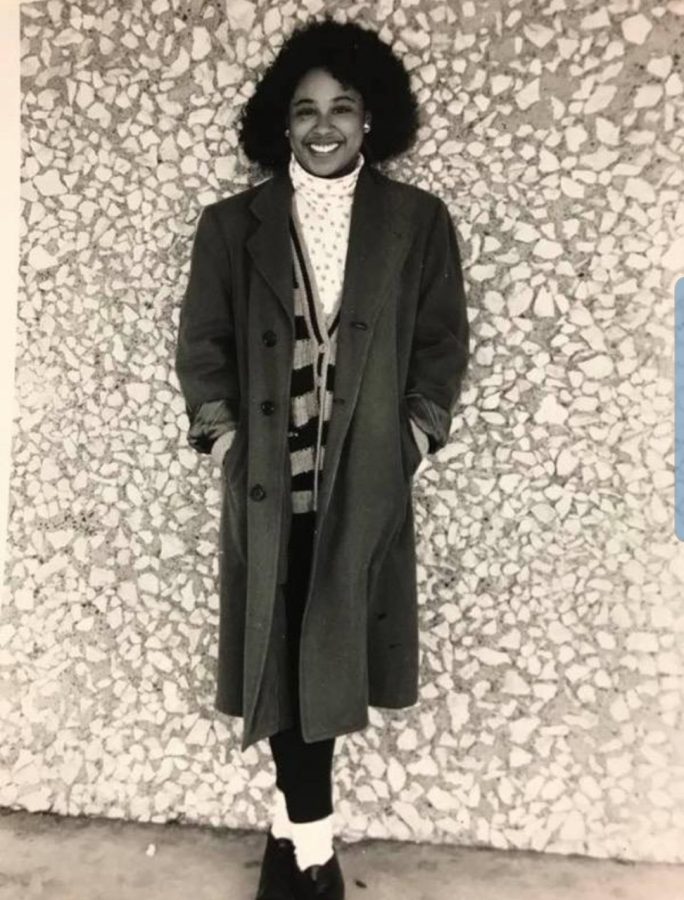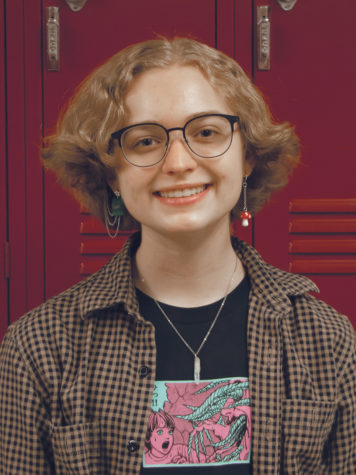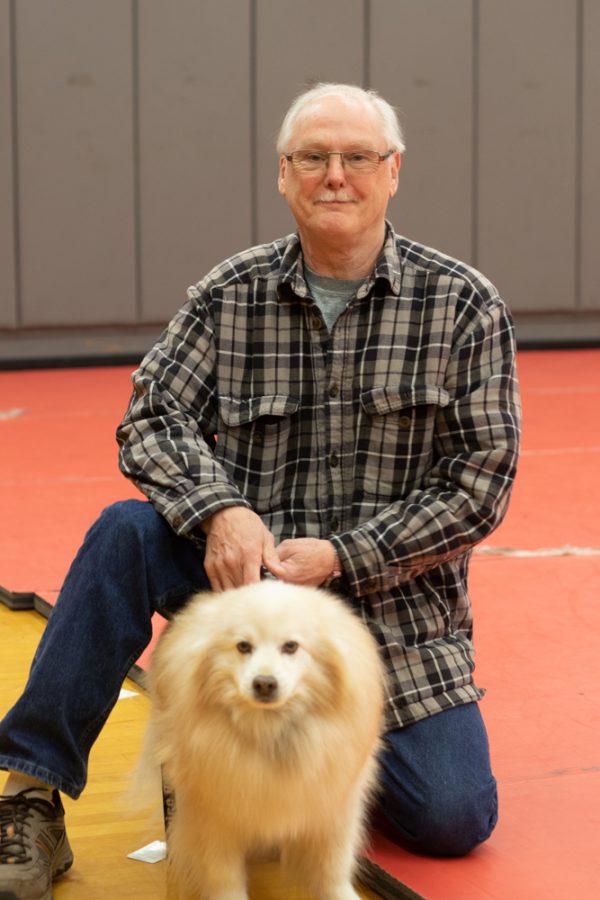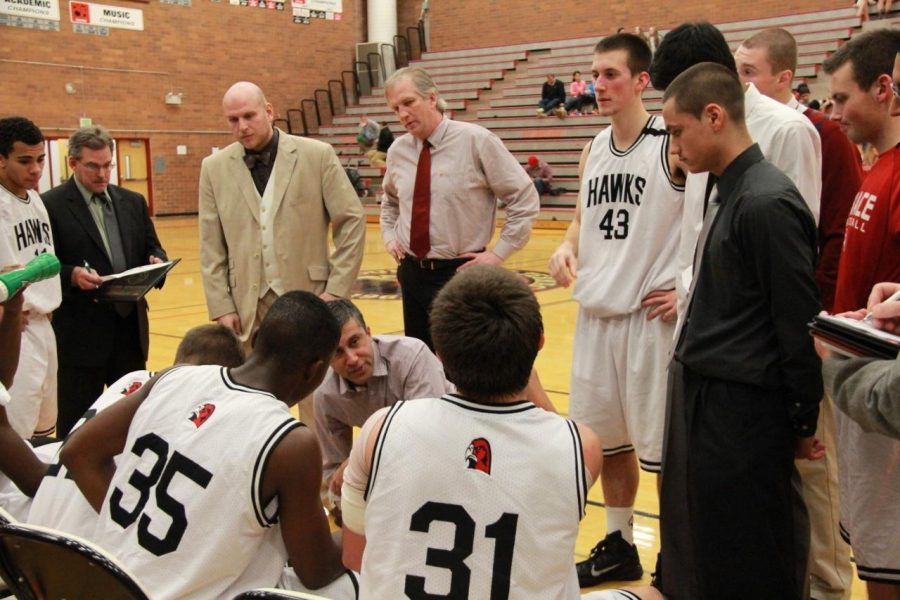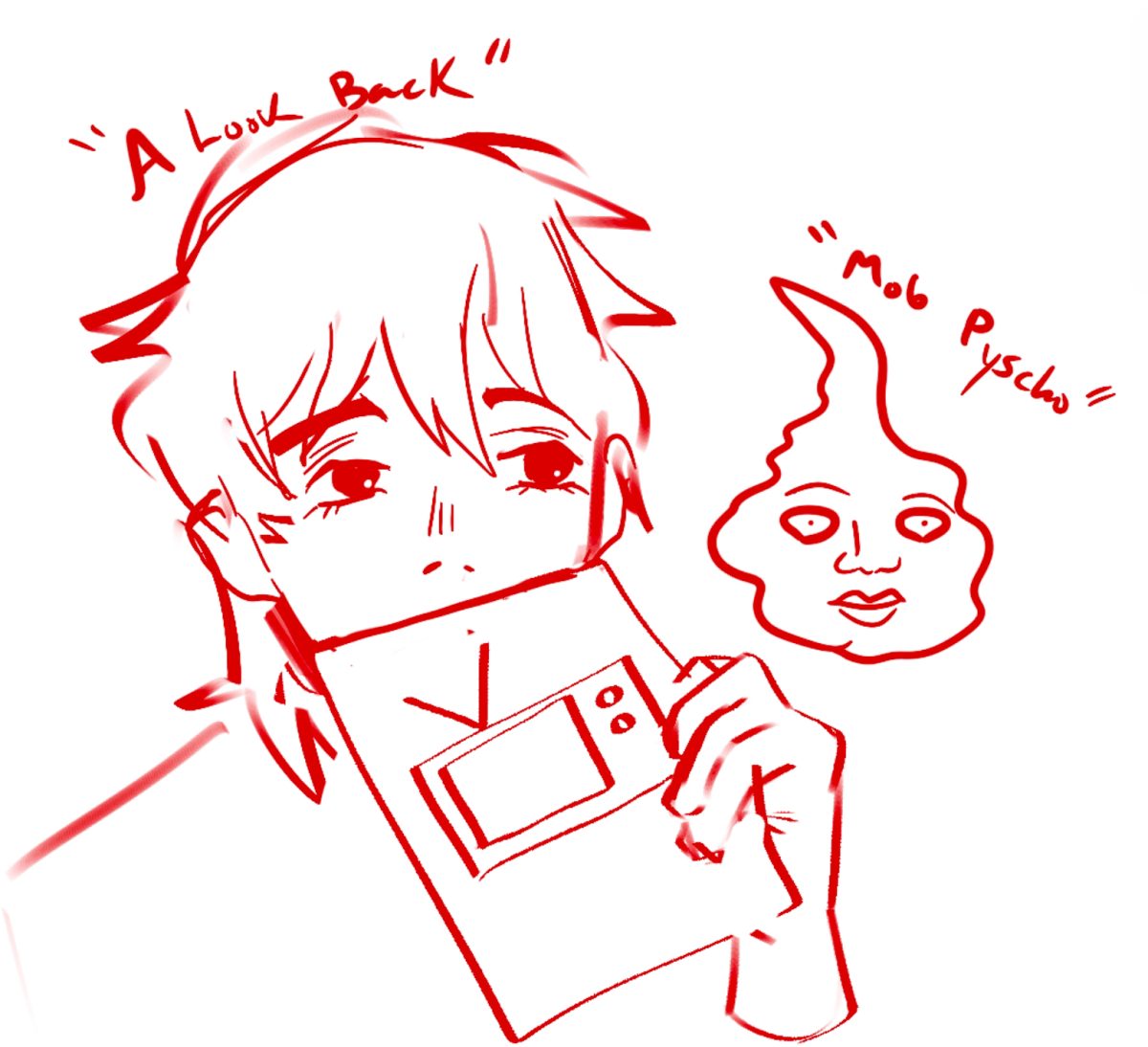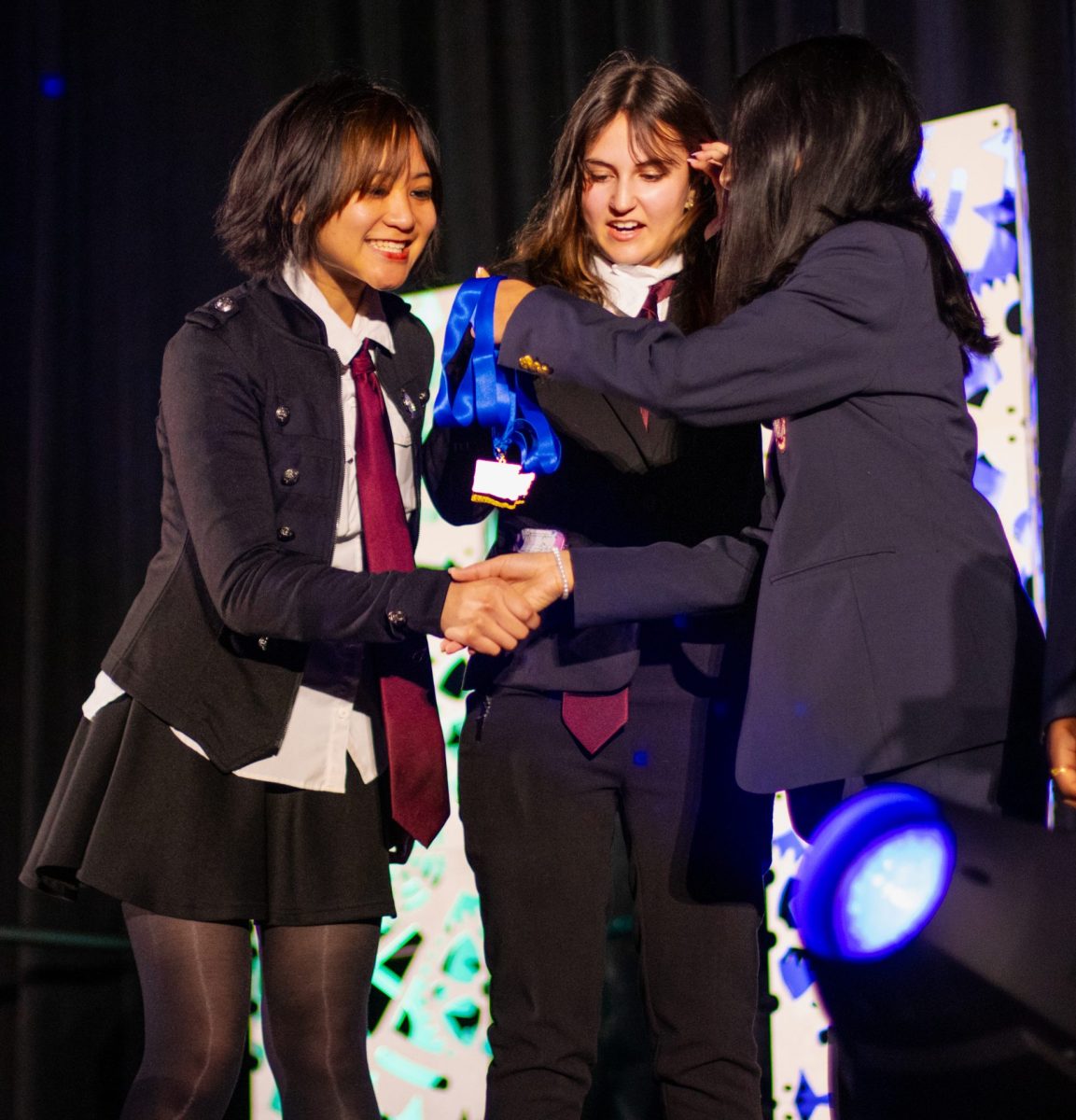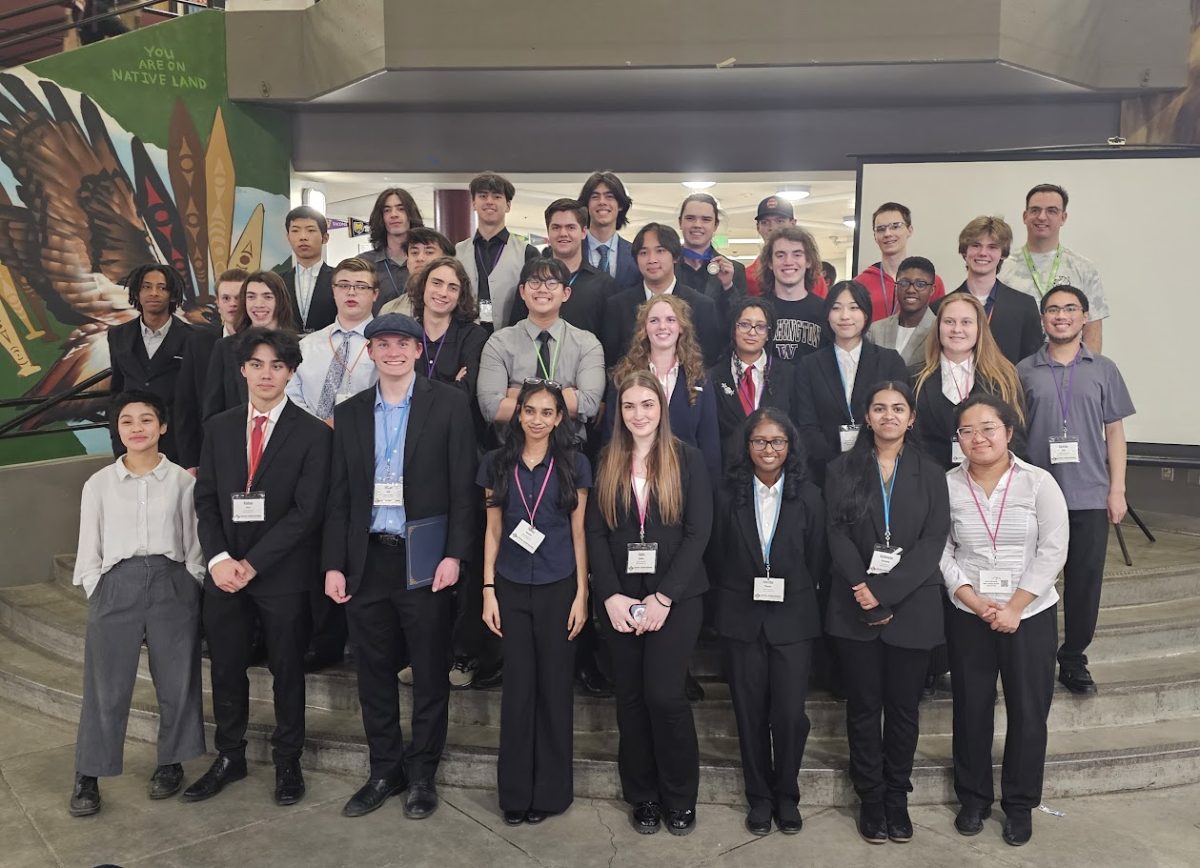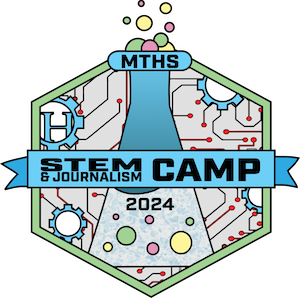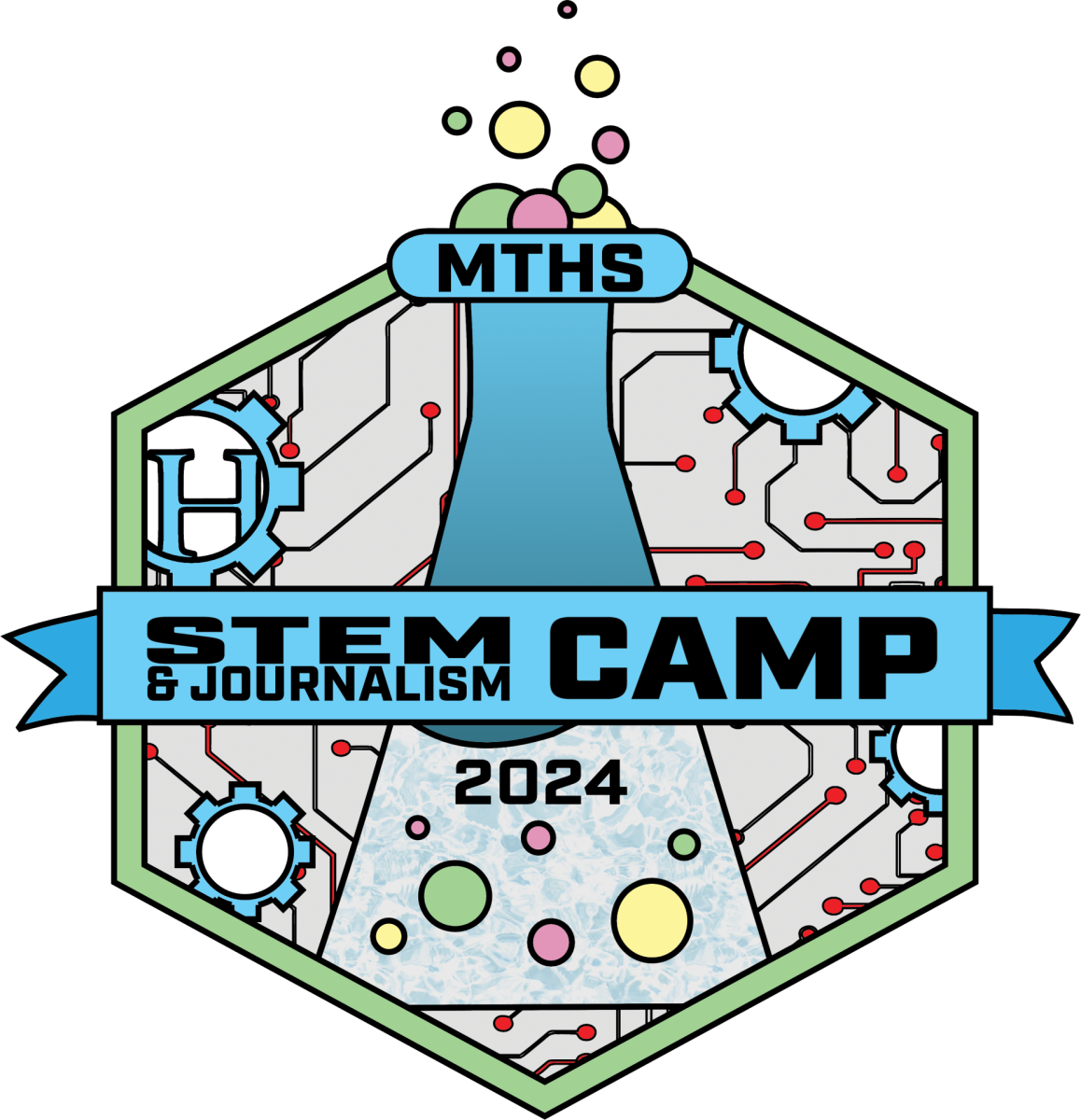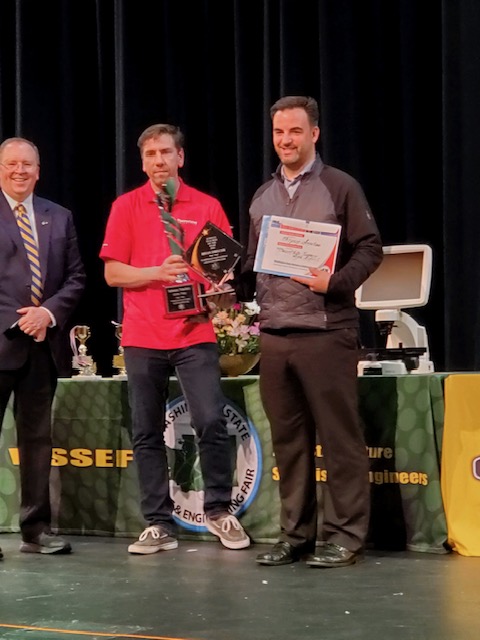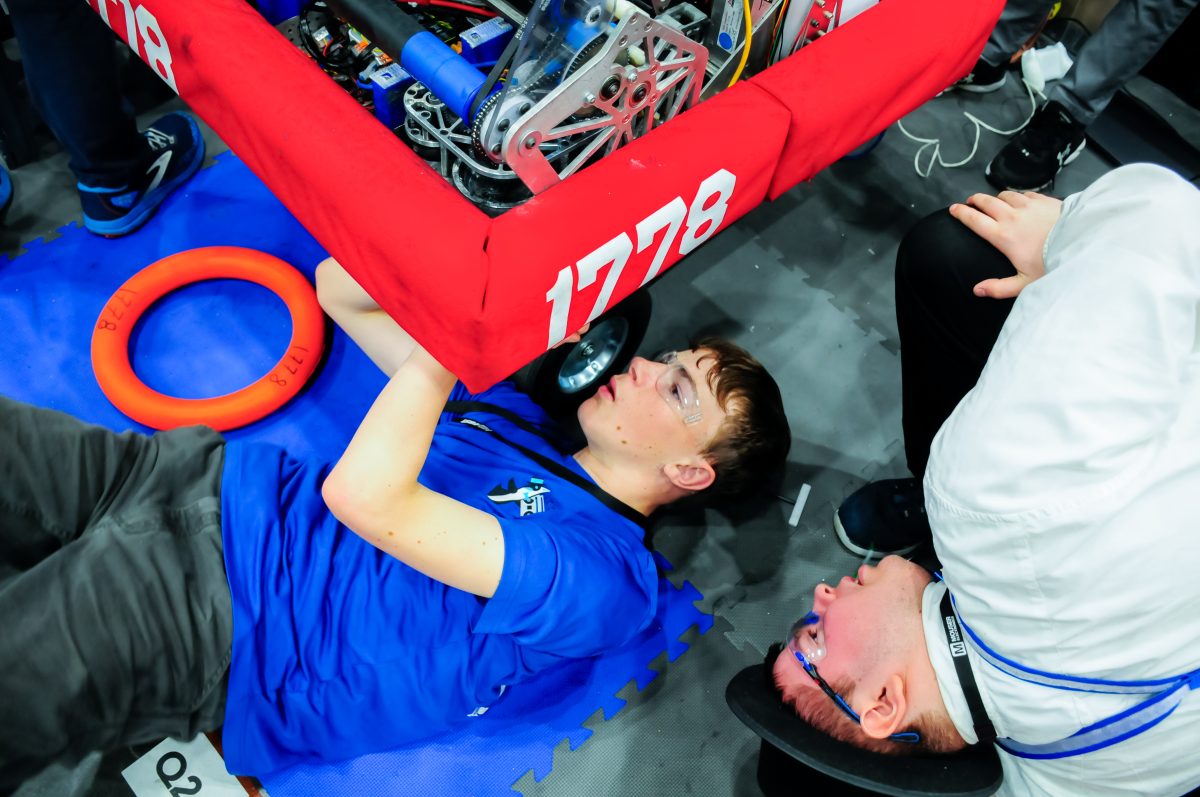From leading the MTHS marching band as a drum major and leading the school’s volleyball team to becoming the CEO of the nonprofit Washington STEM 30 years later, it’s clear to see that alumna Angela Jones has always had leadership qualities coursing through her veins.
“At first it’s uncomfortable, right? I’m telling all these people what they’re about to do and where they’re about to go and where they’re turning. That was daunting at first,” Jones said hesitantly.
Even though Jones was quite the shy individual until her eighth grade year, she was able to evolve thanks to her parents helping her find her voice, and by becoming a prominent leader in band and school sports during her time at Terrace in the 1980s.
“This [MTHS] was the place where I learned leadership and took it on to WSU,” Jones said. “I realized that Mountlake Terrace prepared me for the next level.”
Jones may have had a shy beginning, but she is now leading a whole team of people as CEO of Washington STEM, a company striving to make STEM accessible to all, no matter their race, gender or social standing.
“What I love about my organization is we want to make sure that every person in Washington state has a fair shot at a job that provides family sustaining wages,” Jones said.
Data from job forecasts predicts that even in the next five years, 70% of all jobs will require some STEM related skill, according to Washington STEM’s data dashboards. Washington STEM dissects data and works toward making STEM more attainable for those who don’t have access, such as students in rural areas or living in poverty.
Washington STEM helps coordinate opportunities such as workshops to find ways to spark a student’s interest in STEM at a young age, while also working with educators to embed STEM into curriculums for schools without STEM programs or classes.
“The world that you’re learning in is so different,” Jones said. “We don’t even know what the future holds, but you’re going to have the critical skills because of STEM to be ready to create the future.”
Jones is also working toward changing the stigma that surrounds STEM, namely that it only involves computer scientists and engineers, when the STEM spectrum spreads so far to many different interests and occupations.
“So how do we make STEM cool? We help people understand like, oh, you don’t like STEM, but you like your phone, you’re welcome,” Jones said. “You know, you don’t like STEM, but you like your toilet. That’s a different end of the STEM spectrum.”
Washington STEM is putting in the effort to interest groups of people that currently aren’t as active in STEM, like women and people of color.
“When you look at populations of students of color, we look at young women, there’s been hundreds of years of us having to fight to get something, to change norms in the workplace so women could go to work and not just be a secretary or teacher,” Jones said. “So we’re also working at, how do we change mindset so we have a program like STEM to show people this is what a scientist looks like.”
Jones couldn’t do STEM during her time at MTHS because there was no emphasis on the subjects while she was a student? An internship at Washington State University working with microbiologists was what ultimately got Jones interested in the STEM field.
“I’m an English and a communication studies major,” Jones said. “Nothing there screams STEM.”
While Jones was working at WSU, worked on preventing tapeworm in animals in a lab setting, instead of doing more mundane work like coffee runs or sorting papers.
“I wanted to be a microbiologist. I think if we would’ve had a focus here that there is now a STEM, I would have had a shot,” Jones exclaimed.
Jones recently returned to WSU to check on what the students there were up to, and she found the research team studying how plants responded to pests, and how to make them pest resistant. They were discussing bringing in plants from different ecosystems to see how they would respond, and introducing plants from Washington in ecosystems in Nigeria.
“What I loved was it was males, it was females, it was international students, it was a woman running in who’s the only wheat breeder in the world for club wheat,” Jones said. “That’s what STEM should look like.”
What really sparked Jones’ interest in STEM was the fact that she loves to understand different systems. She wishes to level the playing field for everyone to pursue the subjects.
“In first grade [Jones’ son] had to do his presentation on what he wanted to do when he grew up and how he was gonna get there. So he was talking about his pathway through college, and I can guarantee you not every first grader is having that conversation,” Jones said. “So how do we align that experience so that the kid in the poor ZIP code can still get access to robotics early on along with some of the wealthiest ZIP codes in our state.”
The ultimate goal of Washington STEM is to give every student in Washington a fair shot at pursuing STEM education, regardless of their background.
“We have a big equity lens to our work, which makes some people uncomfortable, but we’re unapologetic about saying every resident in the state of Washington deserves a fighting chance,” Jones said.
Jones advises all those interested in pursuing a STEM career to explore careers they are interested in and make connections with those who already have those jobs.
“I changed my major five times in college. Who’s doing the job you think that you want? Where are opportunities to reach out and build your network now?” Jones posed.
Jones’ also wishes to give specific advice to young women and students of color who wish to pursue STEM.
“Please accept your right to be sitting in that [STEM classes]. And every time you start to doubt yourself, remind yourself that you belong here. And if you can’t, if you don’t have that piece built in and there’s a day that you’re having a tough time, then call me,” Jones said.
If you want to reach out to Jones, she can be contacted at an****@wa************.org.


